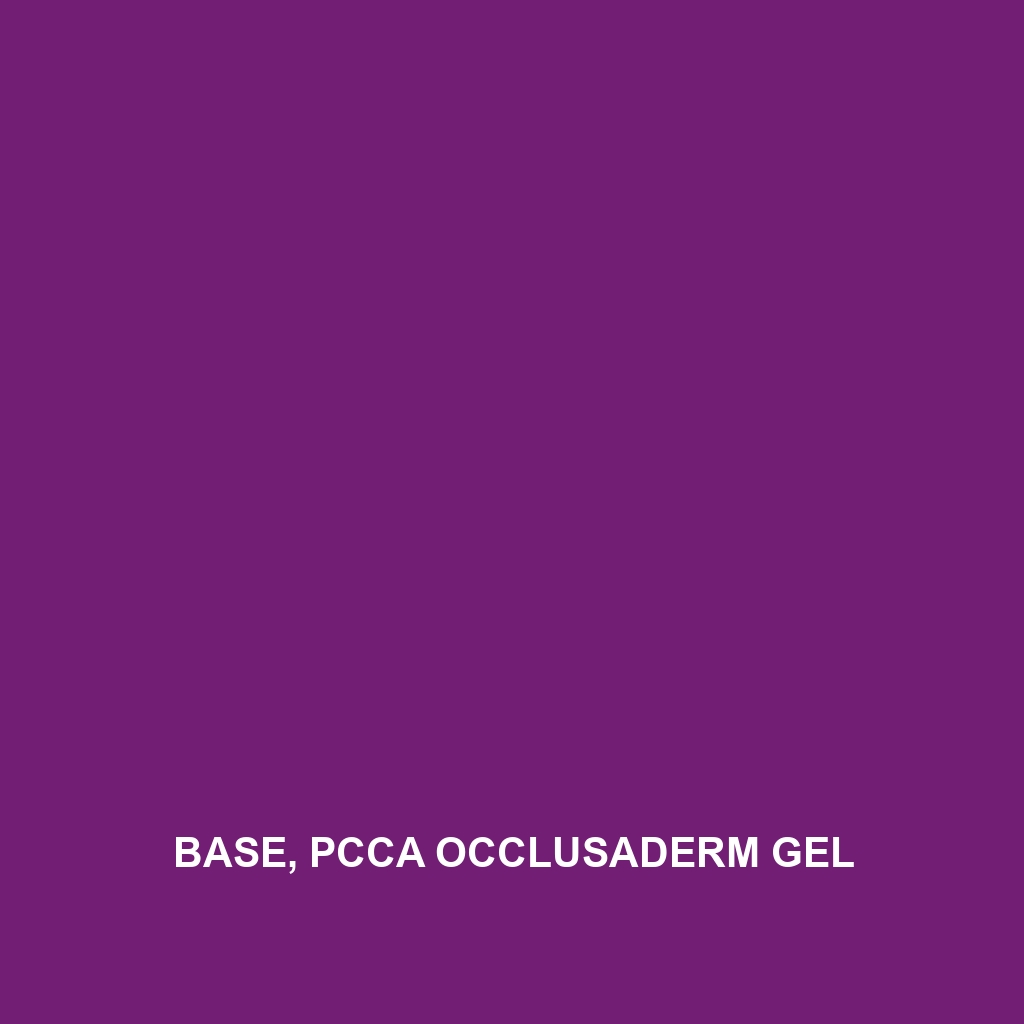Tag: COPD

Base, Pcca Mucolox Liquid
Discover the vital role of Base, Pcca Mucolox Liquid in enhancing respiratory health by reducing mucus viscosity and aiding expulsion. This specialized mucolytic agent is essential for patients suffering from chronic respiratory conditions like COPD and cystic fibrosis, helping improve lung function and quality of life. Learn about its causes, symptoms, treatment options, and expert…

Wheezing
Explore the complexities of wheezing, a high-pitched breathing sound often indicative of respiratory issues such as asthma and COPD. This blog post delves into the causes, symptoms, diagnosis, and treatment options for wheezing, while also addressing misconceptions and providing essential preventive measures. Stay informed to better manage your respiratory health!
Splenomegalic Polycythemia
Splenomegalic Polycythemia: Definition and Description of Splenomegalic Polycythemia: Splenomegalic Polycythemia is a hematological condition characterized by an increase in red blood cell mass associated with enlargement of the spleen (splenomegaly). This condition can stem from either primary or secondary causes, leading to increased erythropoiesis, or the production of red blood cells. A thorough understanding of…
Pulmonary Hypertension, Secondary
Pulmonary Hypertension, Secondary: Definition and Description of Pulmonary Hypertension, Secondary: Pulmonary hypertension (PH) refers to elevated blood pressure in the pulmonary arteries, which carry blood from the heart to the lungs. In secondary pulmonary hypertension, this condition is a consequence of underlying health issues rather than occurring as a primary disorder. This type of pulmonary…
How to Measure Peak Expiratory Flow
How to Measure Peak Expiratory Flow Definition and Description of How to Measure Peak Expiratory Flow Peak Expiratory Flow (PEF) is a significant measurement used to assess lung function, particularly in individuals with respiratory conditions like asthma or chronic obstructive pulmonary disease (COPD). It refers to the maximum speed at which a person can exhale…
Homozygous Alpha-1-Antitrypsin Deficiency
Homozygous Alpha-1-Antitrypsin Deficiency Definition and Description of Homozygous Alpha-1-Antitrypsin Deficiency Homozygous Alpha-1-Antitrypsin Deficiency (AAT deficiency) is a genetic disorder characterized by the lack of a protein called alpha-1-antitrypsin (AAT) that protects the lungs and liver from damage. Individuals with this deficiency have significantly lower levels of AAT, which can lead to various health issues, particularly…
Hospice Care
Hospice Care Definition and Description of Hospice Care Hospice care is a specialized form of medical care that focuses on providing comfort and support to individuals facing life-limiting illnesses. It emphasizes quality of life over curative treatment, helping patients and their families navigate the emotional, spiritual, and practical challenges associated with serious health conditions. Typically,…
Exercises for COPD
Exercises for COPD Exercises for COPD Definition and Description of Exercises for COPD Chronic Obstructive Pulmonary Disease (COPD) is a progressive lung disease characterized by difficulty in breathing, primarily resulting from airflow obstruction. Exercises for COPD refers to tailored physical activities designed to improve the respiratory function, enhance endurance, and increase overall physical fitness in…
Emphysema
Emphysema Definition and Description of Emphysema Emphysema is a chronic lung condition that is part of the group of diseases known as Chronic Obstructive Pulmonary Disease (COPD). It is characterized by the gradual destruction of the alveoli, or air sacs, in the lungs, leading to a decrease in the surface area available for gas exchange.…
A1AT Deficiency
A1AT Deficiency Definition and Description of A1AT Deficiency Alpha-1 Antitrypsin Deficiency (A1AT deficiency) is a genetic disorder that results in insufficient levels of alpha-1 antitrypsin (A1AT), a protein produced in the liver. A1AT serves as a critical inhibitor of enzymes that can damage tissues, particularly in the lungs and liver. Without adequate A1AT, individuals may…